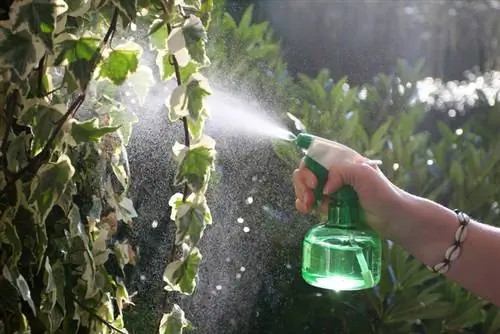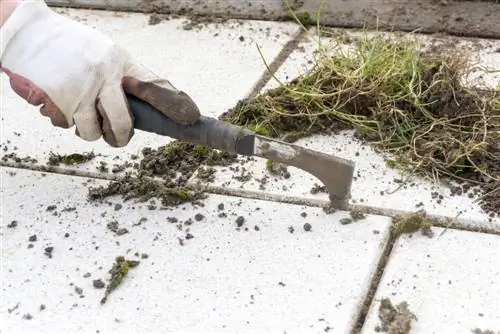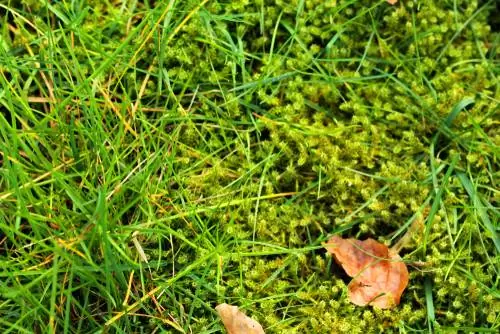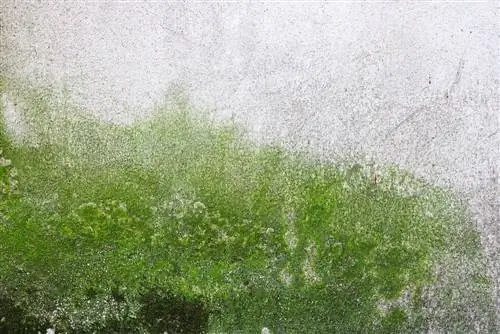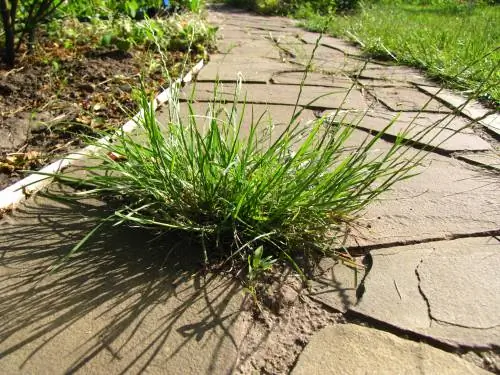- Author admin leonars@hobbygardeners.com.
- Public 2023-12-16 16:46.
- Last modified 2025-06-01 06:02.
Many gardeners despair of the ivy's ability to grow. The desire arises for a spray that can be used to quickly and easily remove the climbing plant that has become a weed. Unfortunately, there is hardly any way to permanently eliminate ivy with chemicals.
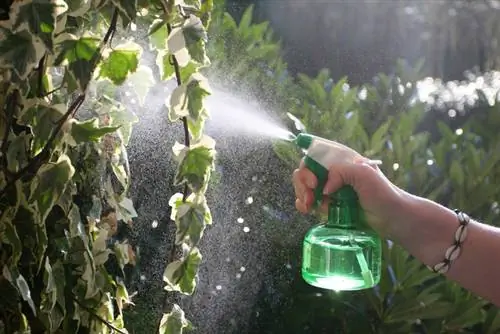
Which remedy is best against ivy?
Anti-ivy remedies such as Roundup or Garlon 4 are often ineffective or harmful to the environment. An effective and environmentally friendly method is to manually pull out and cut the shoots and dig up the roots up to 60 centimeters deep.
What remedies for ivy are there on the market?
The manufacturers' promises are big. Ivy can be removed quickly and easily with a spray. Chemical agents such as Roundup as well as biologically based weed killers are available.
Almost all chemical products primarily affect the above-ground parts of the plant. They do not eliminate the roots of the ivy. However, new plants develop from these, so you can only fight the ivy with chemicals for a short time - and in the process you also bring a lot of poison into the garden.
If children play in the garden or if it is also used as a kitchen garden for growing fruit and vegetables, the use of chemical sprays is automatically prohibited.
Chemical agents - toxic and often ineffective
Chemical agents like Roundup do not work against ivy because they only destroy the foliage above ground. The ivy seems to have died initially. However, it continues to grow underground.
Some remedies like Garlon 4 also work through the root. However, they fight all plants in the area, not just the ivy. In such places the soil is contaminated for a long time.
Remove ivy permanently by hand
The only effective way to permanently destroy ivy is to constantly pull out and cut the shoots.
You also have to dig up the roots as completely as possible so that the ivy cannot spread further underground. Depending on the root depth, you will have to dig up to 60 centimeters deep.
Do not leave cuttings lying around in the garden and do not put them in the compost. It is best to dispose of ivy via the garbage disposal or a collection point for green waste.
Tip
Occasionally it is recommended to tackle the ivy with road s alt. It's better not to follow this advice. The s alt not only damages other plants, but it also penetrates into the groundwater.

